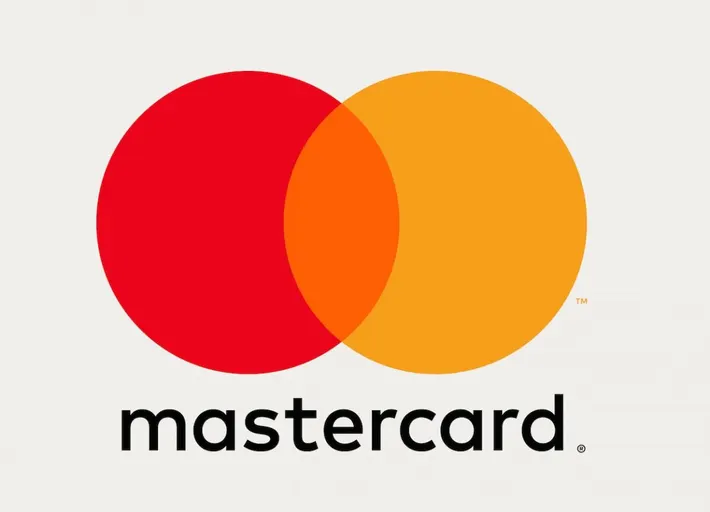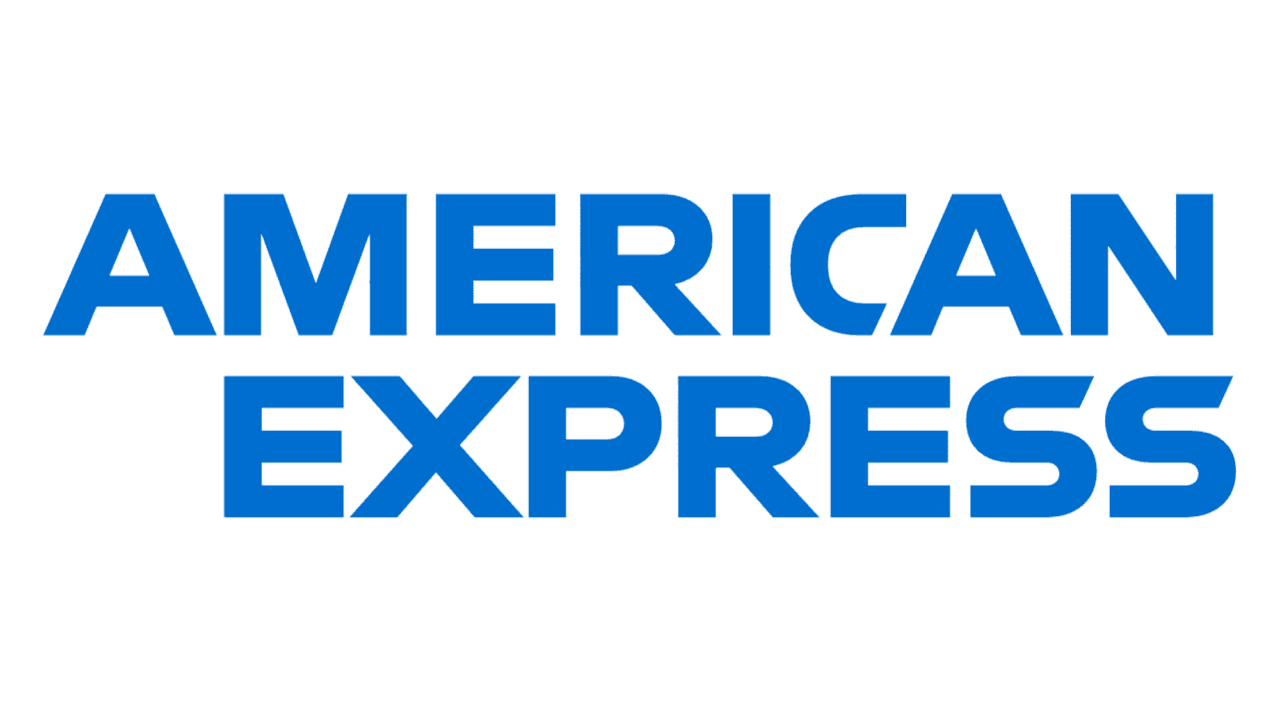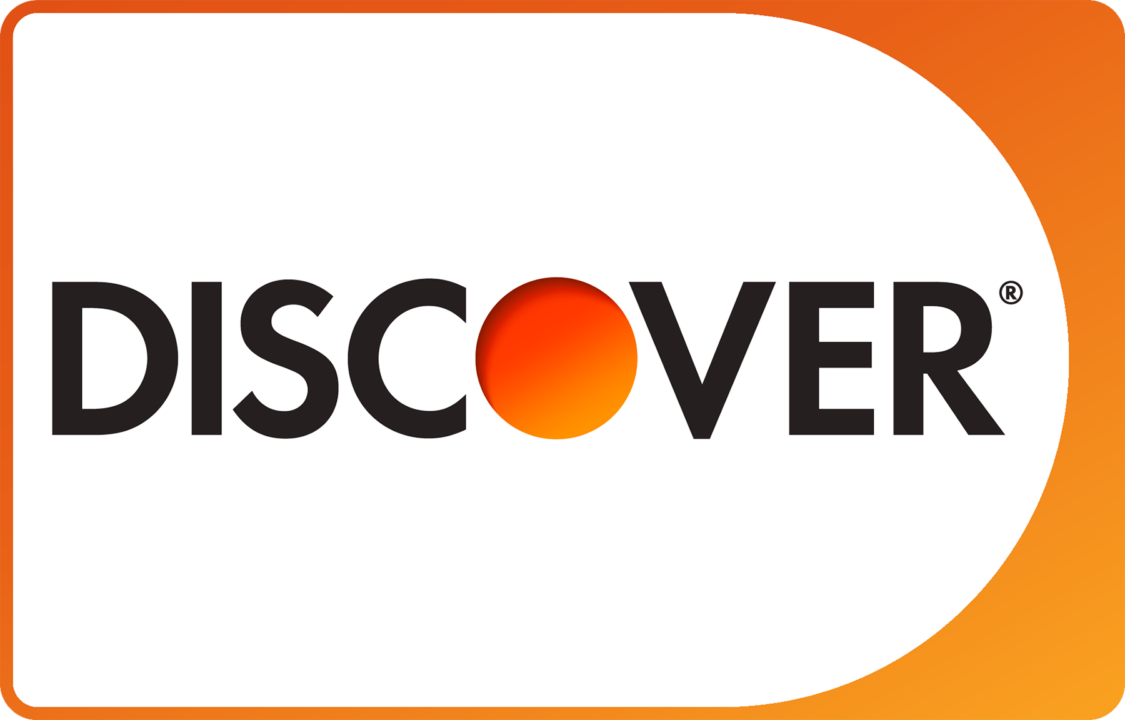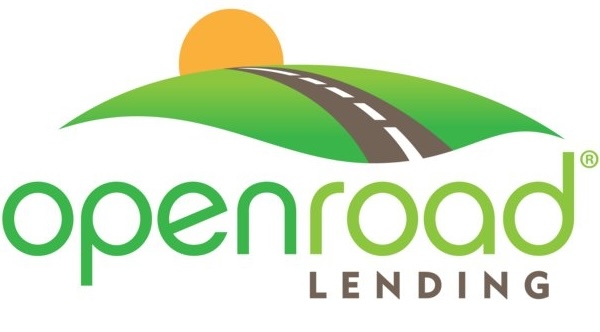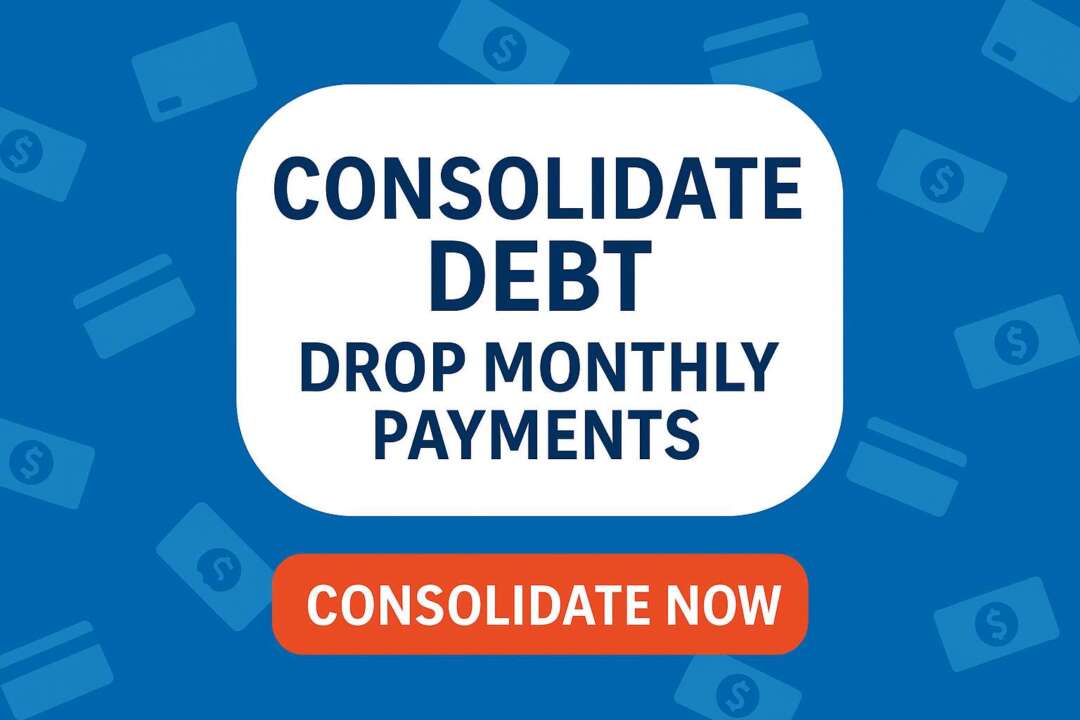Should you use Accredited Debt Relief for debt settlement? All you need to know about Accredited.
If you’re struggling with debt and considering debt settlement, you may have come across Accredited Debt Relief. They offer a program to negotiate with your creditors and settle your debts for less than you owe. We’ve spent years in the lending industry and we track dozens of different debt settlement companies. We want to break down how Accredited Debt Relief works, what it costs, and how long it takes, so you can decide whether it’s the best strategy for you in tackling your debt.
I am going to tell you about what Accredited Debt Relief will cost and the risks associated with this strategy, but first I want to give you a high-level explanation of how the program works.
Before you even sign up for their program, you will have an in-depth conversation with one of their sales associates. They will pull your credit report, get a full picture of what you are paying, and walk through your options. They will check to see if you are eligible for a debt consolidation loan, but I suspect this is just performance. I have heard of people with extremely good credit scores who are denied for a loan from them. Accredited is mainly interested in enrolling you in their debt settlement program. If they can get you into debt settlement, they will make ten times as much money (or more) than they would from giving you a debt consolidation loan. They will use all the normal sales techniques to convince you that they are the only ones who can solve your problem.
As part of this planning session, you will be able to decide which of your loans you will enroll in the process. They will ultimately be paid on the total debt you enroll, so they will encourage you to include everything you can. But, they will only negotiate unsecured debt, like signature loans, credit card balances, and medical bills. They will not include any secured debt like auto loans or home equity loans.
It’s important to recognize that they will not work with you unless you enroll at least $10,000 in debt.
Once you determine the total debt you will enroll in the program, they will work with you to determine what you want your monthly payment to be. If you are buried in debt, it can be refreshing to think that you can suddenly decide how much of your monthly budget you put towards your debt. It might even seem like a cheat code that you get to decide your monthly payment. This short-term relief can have long-term implications, though. We’ll talk a little more about those implications later.
Signing up triggers a couple of things. Accredited Debt Relief will send letters to your creditors informing them that they will be negotiating on your behalf. The second and more important thing is that you will make your payment directly to an account controlled by Accredited Debt Relief.
At this point, you will no longer be paying the bills to any creditor enrolled in the the program. The monthly payment you are making will not actually go to any of your creditors…not yet, anyway. That means you will fall behind on the payment for all of your enrolled debt. The creditors may call you looking for payment. And they will report to the credit bureaus when you are 30 days late, then 60 days late, then 90 days late, and finally when you default on the debt.
The idea of debt settlement is that your creditors will eventually come to the conclusion that getting any money out of you is better than getting no money. So, they will negotiate down the principal that you pay them. This is where those monthly payments that you were making become important. That’s the money that Accredited Debt Relief will use to pay the settlement.
There is also a possibility that the settlement will require you to make a discounted monthly payment for a period of time. It’s crucial that this time you stay current on those payments. If you don’t, your agreement with that creditor is voided and you’re back to owing the full amount…and whatever interest has been incurred over time.
You continue in this process until you have settled your debt with all of your creditors.
What does debt settlement cost you?
The fee that you pay Accredited Debt Relief will come out of the account that you build up. When they settle a debt, they will earn 25% of the enrolled amount. This is not 25% of the amount you settled for…or even the amount that was discounted. This is 25% of the total debt at the time you signed up. So, if the credit card that is being settled had an original balance of $10,000 and Accredited settled the debt for $6,000. You will pay your credit card $6,000 and Accredited $2,500.
The plan that Accredited presents you at the beginning might explain that fee as a percentage of the enrolled debt per year. They might explain that it will only cost you 6% a year for four years. But this is not an APR. This is simply taking the 24% fee and dividing it so that it will look more manageable to you.
Accredited will also charge you a $10 monthly service fee. That’s not a lot, but it does add to the other fees.
Now let’s talk about the risks of the debt settlement process.
Some of the risks are unavoidable and some of them are just possibilities. One unavoidable impact of doing debt settlement is that your credit score will be trashed. If your credit score is already in the poor or bad range, you may not worry as much about that, but if you have fair or good credit, debt settlement will push your score into the low 500s, maybe lower.
This is a consequence of repeatedly missing payments. There is no way to avoid the impact this will have on your credit score. Your credit score will not have a chance to rebound until the last debt is settled. Then, even if you are diligent and lucky, it will take you at least 18 months to make meaningful improvement to your score. So, once you sign the debt settlement agreement, you are locked into 3-6 years of bad credit.
The erosion of your credit score can actually eliminate your options. Right now, if you have fair credit or better, you have a good chance of qualifying for a debt consolidation loan. That could lower your monthly payment and put you on a definitive path to paying off your debt. But if you “try out” debt settlement first, you are less and less likely to qualify for a debt consolidation loan as month after month passes while you miss payments.
Another risk of debt settlement is that there is no guarantee that your creditors will negotiate. Some creditors would prefer to play hardball. And it’s not uncommon for them to sue you. In that case, you need to be aware that Accredited Debt Relief will not represent you in court. You will have to hire a lawyer at your own expense…or risk a summary judgment against you.
Another thing you have to be aware of is that the IRS considers forgiven debt income. That means that you will have to pay taxes on it. If a creditor forgives $4,000, you will pay taxes as though your income increased by $4,000 even if you had to pay Accredited $2,500 as a fee. After Accredited’s fee and the IRS’s share, you might find that you didn’t save yourself all that much money compared to the trouble it cost you.
Accredited also has no control over how long the process will take. They might give you a ballpark estimate, but it will entirely depend on your creditors…and your payments. You see, if you decide you want to drop your monthly payment a lot, you might feel better about the breathing room it gives your finances. But, it will just mean taking much longer to amass the money you need to negotiate your debt and pay Accredited’s fees.
So, is debt settlement a good idea for you? Well, only you can answer that question for yourself. But, I will say that if you currently have a credit score in the mid-600s or better, you really should look into a debt consolidation loan first. Consolidation loans can drop your monthly payment while accelerating your debt payoff. Of course, you only want to do debt consolidation if you can get an APR that is at least 2-3 percentage points lower than the interest rate of your current debt.
If you want to check to see what rate you could get on debt consolidation, head over to The Yukon Project. On our marketplace page, you can select debt consolidation and then apply with any one of our featured lenders. Behind the scenes, we will check your rate with up to 40 other lenders. Our partners use a soft credit check, so applying won’t hurt your credit score. We will show you all of your approved offers, so you can decide whether debt consolidation can help you pay off your debt.
The last thing I will say about Accredited Debt Relief is that you need to know that they are the same company as Beyond Finance. The company does business under both of those names. They have been around a while and a lot of customers have used them. If you are seriously thinking of using them, make sure you read reviews about them on Trust Pilot or other third-party review sites. Don’t just read the positive reviews. See what it looks like when things go wrong. You should also look for reviews of people who have completed the process and not just reviews from people who liked their sales associate. That will give you a more complete picture of what you could be in for.
If you have any direct experience with Accredited Debt Relief specifically or debt settlement in general, please leave a comment and tell us about it. We are trying to build a community of people who will pool their experience and share their insights so we can all be better informed when we make decisions about our personal finances. If you found this information helpful, please like this video and subscribe to our channel.














